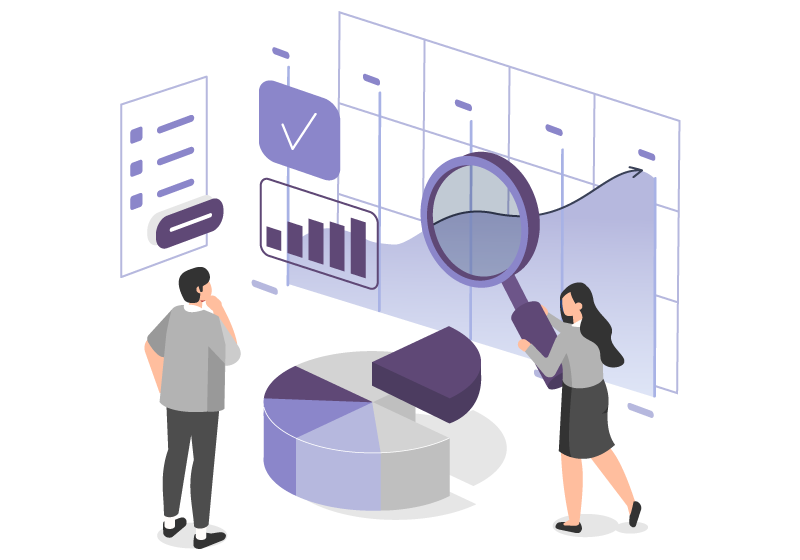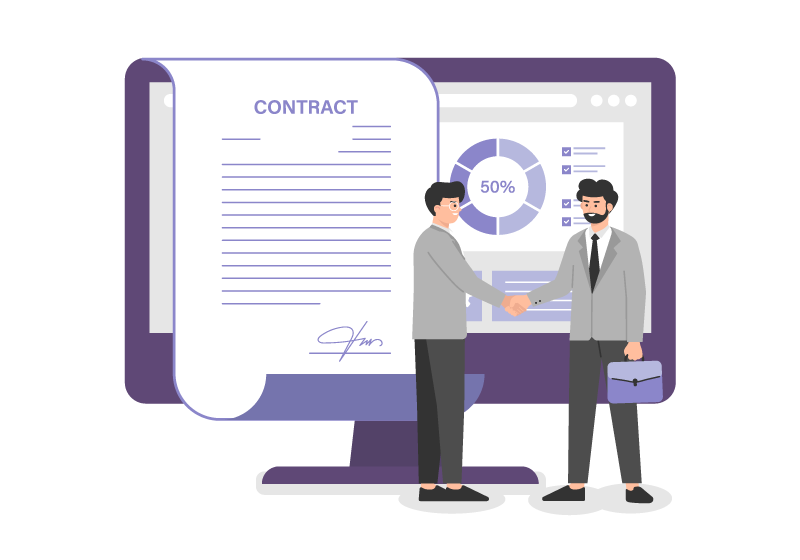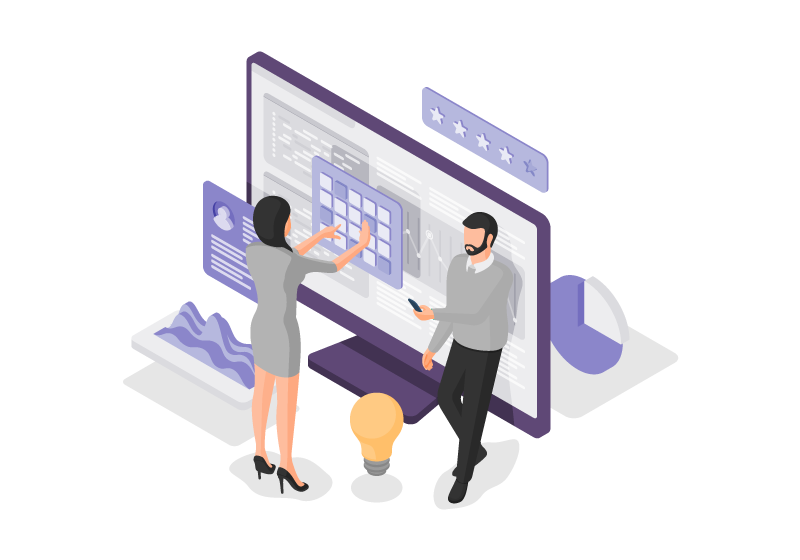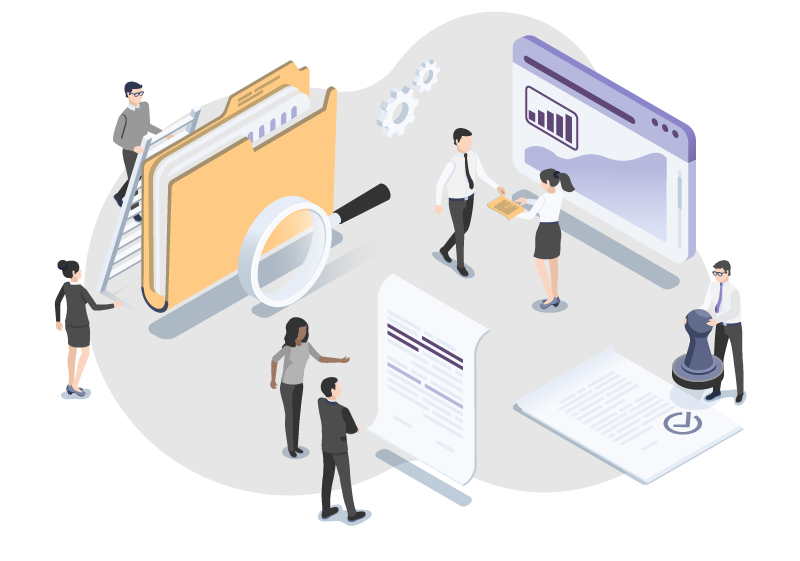At ClearyX, we are striving to revolutionize legal services and provide efficient, tech-forward solutions for some of the most frustrating challenges experienced by legal teams and business leaders, such as contract management, document and process automation. We are pioneers in the legal industry, constantly pushing boundaries and thinking outside the box to provide high quality, cost-effective and customized solutions. Our fully remote team builds on Cleary Gottlieb’s long history of fostering innovation and delivering value to clients, including those of its highly successful eDiscovery team.
While these are some of our solutions, we love to try and help you solve your challenges. We are always happy to discuss our approach, and work with you to determine whether we can support you in other ways.














Stay up to date with the latest news, trends and innovations that are driving the legal tech industry.
Our External Advisory Board was established in 2022 to ensure that our solutions are designed and delivered in a way that closely aligns with our clients’ needs. These Board members are among the most sophisticated consumers of legal services in the world, and we are grateful to be able to work with them and learn from their experience. Their diverse voices are a valuable resource as we build our products and services, and to help us ensure we “walk the talk” of building innovative solutions that create a positive client experience.
ClearyX is a division of Cleary Gottlieb Steen & Hamilton LLP.
Legal Notices / Disclaimers and Notices / Privacy
Attorney Advertising
© 2025 Cleary Gottlieb Steen & Hamilton LLP